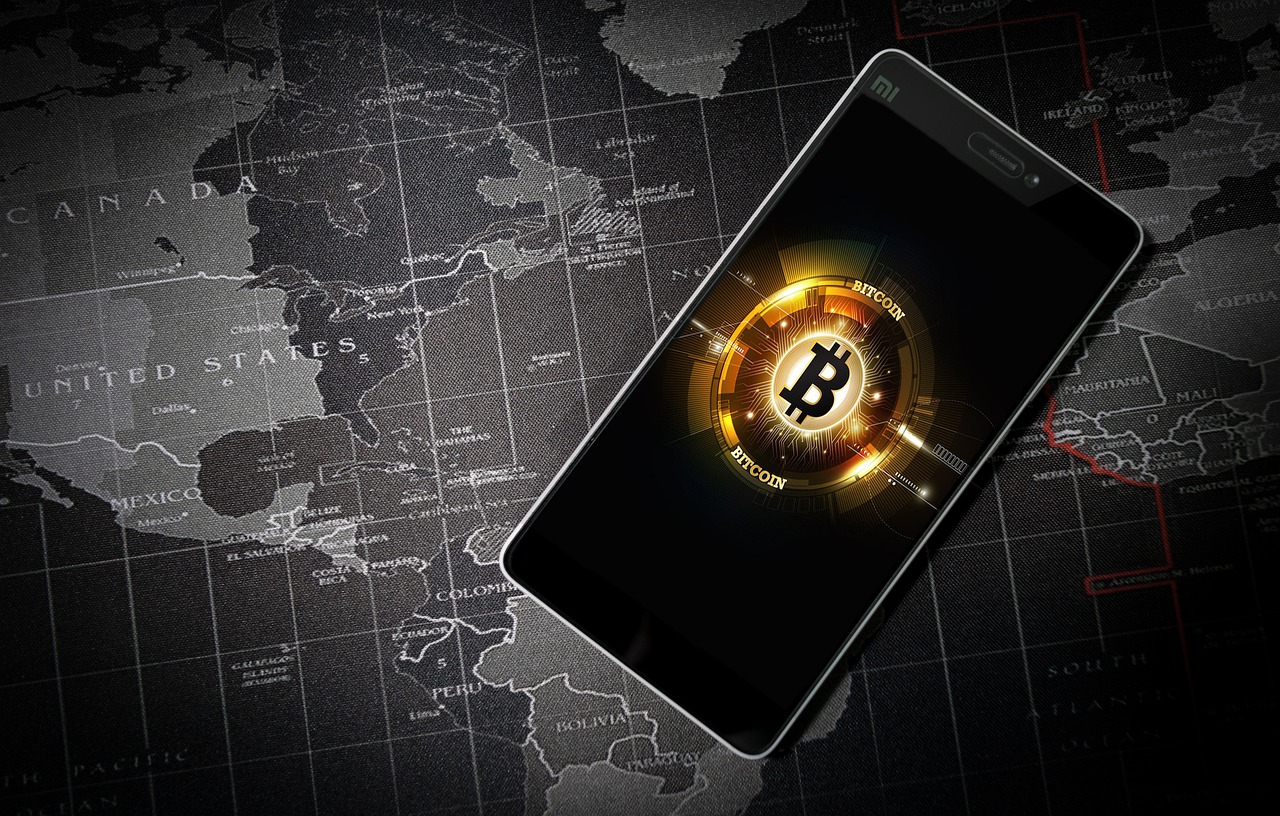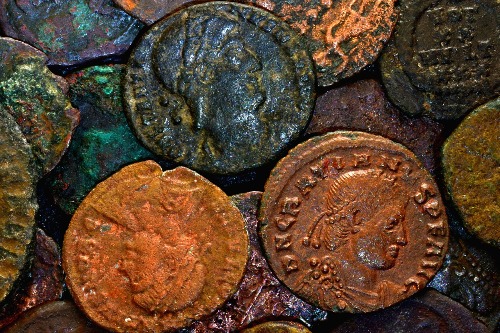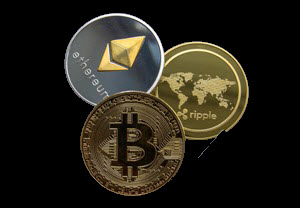A New Market Structure

What Is a Market?
What comes to mind when you think of the word ‘market’?
For some it may inspire thoughts of a nice Sunday stroll through countless stalls of knick-knacks and homemade food. While for others, it may bring up thoughts of stock trading and investment.
Or perhaps it brings to mind something totally different.
But no matter what you did think of as an example, every market has a structure.
A categorical foundation that defines and determines the way in which the market operates.
For example, most markets in society today likely fall under a classification known as ‘imperfect competition’. A concept that dates all the way back to the ideas presented by Adam Smith himself.
In effect, imperfect competition represents a market where things are fairly complex. Containing a wide variety of buyers and sellers, but also a wide variety of goods and services. All of which retain different levels of demand, supply, and prices. Not to mention varying levels of difficulty in order to even enter the market.
Market structures are a complex but largely understood component of modern society. A key foundation of our economic principles.
And while these structures have evolved over time, online shopping being a recent example, nothing has really upended it. That is, not until now...
The Blockchain: Moving Towards a Free-er Market
Of course, I am talking about blockchain.
Because frankly, it is hard not to talk about this incredible technology right now.
We are at a point where modern market structure is desperately in need of change. Removing a lot of the problems and leeches from our very imperfect market.
After all, politicians and economists may fawn over the bountiful benefits of the free market, but that’s all just posturing. Free markets only exist in theory, not reality.
Granted, I'm not going to suggest that blockchain will bridge that gap just yet.

Because frankly, I don't think a truly free market is possible without eliminating human wants entirely. Something that isn't going to happen anytime soon.
However, what I am suggesting is that blockchain will make markets free-er. Bridging at least some of the gap.
How?
Well, as I've already touched upon, a lot of it comes down to trust. Something that markets and trade have hinged upon since their inception.
Blockchain is, however, removing the need for this trust. As well as the numerous middlemen and centralized systems that have commodified this need for trust. More importantly though, the removal of this trust is also removing a major barrier to entry for almost anyone...
Eliminate the Need for Trust
Just think about it. With the power of blockchain you don't need trust. The consensus mechanism within the technology guarantees the security of a transaction. And on top of that can even trace and track goods across the entire supply chain, if required.
Because of this, you should always know what you're getting, and where it came from.
For buyers the benefits of this breakthrough are obvious. But for sellers, it is perhaps even more important. Making it far easier to guarantee the authenticity of the goods you're offering.
Think about online marketplace platforms right now, for instance. Sites like eBay, Gumtree, and Amazon. All of them use some sort of reputation system to build and facilitate trust for sellers. Usually in the form of an easy-to-digest star rating.
As benign as these systems may seem, they are actually a major barrier to entry.
You can't just hop on any of these sites and hope to compete with established sellers that have built up trust. Because at the end of the day, if you have zero stars and a competitor has five, buyers are likely going to choose the competitor if prices are even close to equal.
After all, no one wants to risk purchasing something that may not ever turn up.
But with Blockchain, it’s a completely different story.
This REALLY IS going to be the future of the entire financial system.
The Entire Concept of Money is Changing
Most people don’t get the idea of money changing.

Yet it's happened many times over history. Here is just a small sample:
- Bartering. "I will make you trousers, shirt, jacket and overcoat if you will give me one of your goats."
- Standardised Bartering and the Concept of Price: "You can buy these boots I've made for 500 cowrie shells. Then I'll be able to buy a sword from the smith. He charges 700 cowrie shells but I've already got 300, so I'll have a sword and, um, 100 cowrie shells left over.
- Coinage with Intrinsic and Political Value: Early coins reflected the value of the metal they were made from, typically from gold down to bronze. The coin, of course, always had a face value a bit higher than the intrinsic value. Politically, the coin advertised the current emperor or some other powerful figure.
- Coinage with No Intrinsic Value: This was a huge step, as it introduced the concept of the token and trust. The coin has value only because everyone agrees and trusts that it has. The downside here is that the issuing authority can afford to make more, which debases the currency.
- The Penultimate Token: Paper money with almost no intrinsic value at all. All of the effort goes into making the paper difficult to copy. Now the issuing authority can make as much money as it likes, with a complete disconnection from value. This is called "money printing" or "quantitative easing". It's a Ponzi scheme and can't last.
- The Ultimate Token Requiring Infinite Trust: And now the paper money has been replaced almost entirely by bits and bytes in computer system, taking the Ponzi scheme to a whole new level.
We’ve reached a point of no return. Meaning we need an alternate financial system because the current one now appears to be irretrievably broken.
Whether you know it or not, this is going to have a big impact on your financial life.
In fact, it’s going to impact your whole life.
A New Ecosystem Built from the Ground up
Thanks to blockchain we are on the cusp of a new market structure. One where some key barriers to entry will be teared down for good. Particularly when it comes to trust.
In fact, contrary to most current markets, blockchain ecosystems will become more trustworthy as more people participate. An attribute that has been described as the ‘increasing marginal value of networking’.
Because the more people on a blockchain, the more confirmations and consensus is required to approve a transaction. Meaning the underlying system only improves as more people join in.
Cryptocurrency and blockchain innovations aren't just the latest fad for speculative investors, but a real systematic overhaul for outdated market mechanisms.
Blockchain isn't just an investment in the hopes of financial gain. It is an investment in an entirely new market structure, one that will change the way we all buy and sell goods or services.
And when the market structure itself changes, no one can afford to be ignorant.
